So, period dramas try to look real, but they usually put drama first. Directors mess with when stuff happened, make up characters, and bring in today’s ideas to make things juicy. They might look great, but historians who care about getting the facts right can get annoyed. Here are seven popular movies and shows that play fast and loose with history.
7. The Scandalous Lady W & Downton Abbey – Modern Morals in Old Times
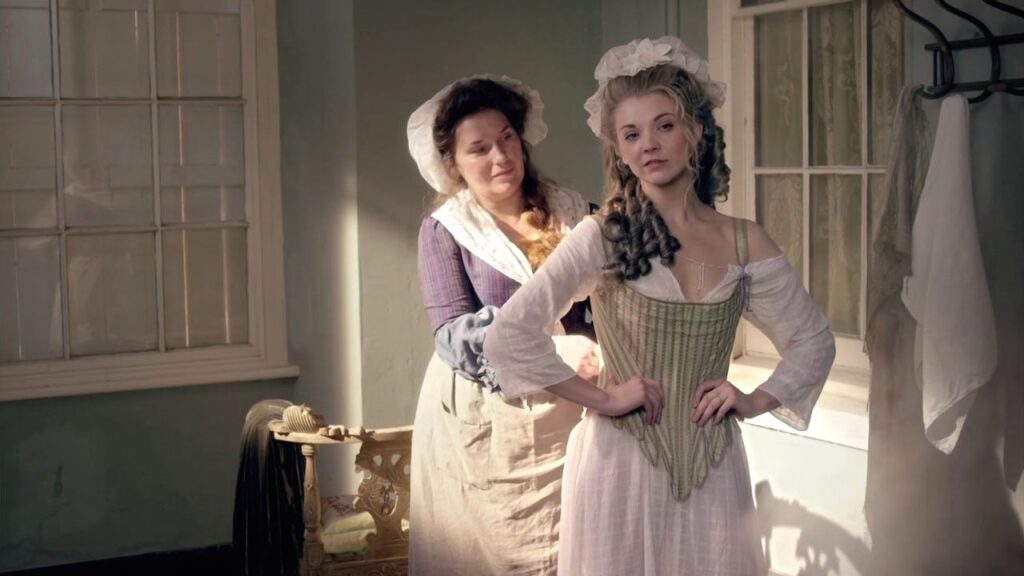
People trashed ‘The Scandalous Lady W’ for making Lady Seymour Worsley out to be a feminist. Historians think her actions were more about her own life than any political beliefs. ‘Downton Abbey’ does something similar, showing early 1900s Britain as way more open-minded about race and class than it really was. Sure, it makes the characters likeable and gets folks watching, but it messes with the truth. Historians say putting today’s values into the past means people might not learn what really went down back then. These shows are a hit, but they often pick being easy to watch over being real, which might please viewers but annoys those who study history.
6. Little Women (2019): Great Clothes, but Plays Fast and Loose with the Truth
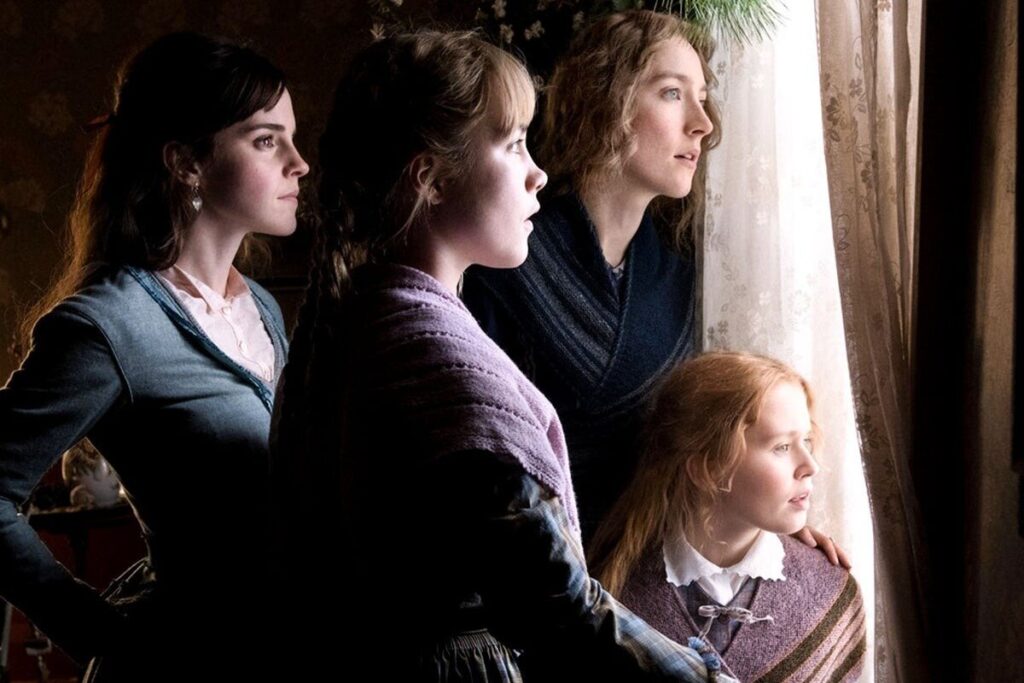
Greta Gerwig’s Little Women (2019) sure did win hearts, but some history buffs raised an eyebrow at the updated fashion. You’ll see the March sisters ditching the bonnets, rocking relaxed hairstyles, and sporting clothes that feel more now than 1800s New England.
These changes were on goal, trying to make the characters click with today’s audience. Still, some say it messes with the story’s old-time feel. Even though the movie nails the emotions and how the characters play off each other, messing with the outfits takes it away from being a truly real historical piece and turns it into a fresh take. And for those who love their history straight up, these style choices might take away from getting lost in the story.
5. Braveheart: More Fiction Than Fact?
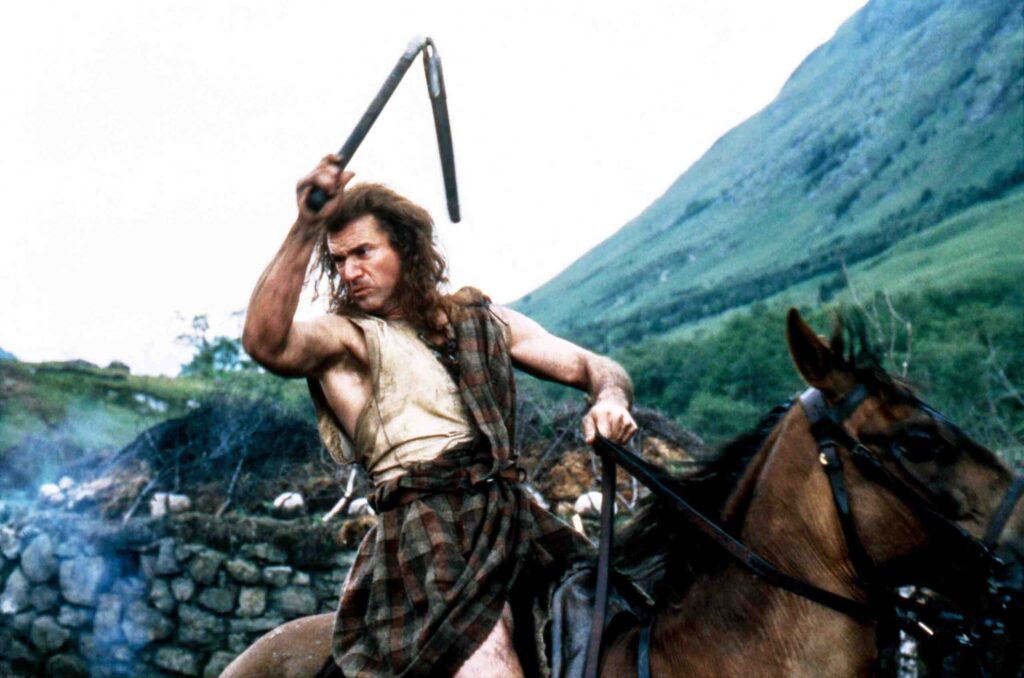
Okay, so everyone knows Mel Gibson’s Braveheart isn’t exactly a history lesson. It gets a lot wrong! Like, William Wallace rocking kilts and blue face paint? That stuff wasn’t around until way later. And the whole thing with Isabella of France? Nope, she was just a kid when Wallace was doing his thing.
Battles are changed, some are skipped, and Robert the Bruce doesn’t come off looking too good either. Sure, it’s a great movie to watch, but it messes with real Scottish history. Braveheart goes for the feels, big time, but it turns history into a legend. It’s a fun movie, no doubt, but probably not the best source if you’re writing a history report.
4. Napoleon (2023): Gets the feelings and timeline wrong
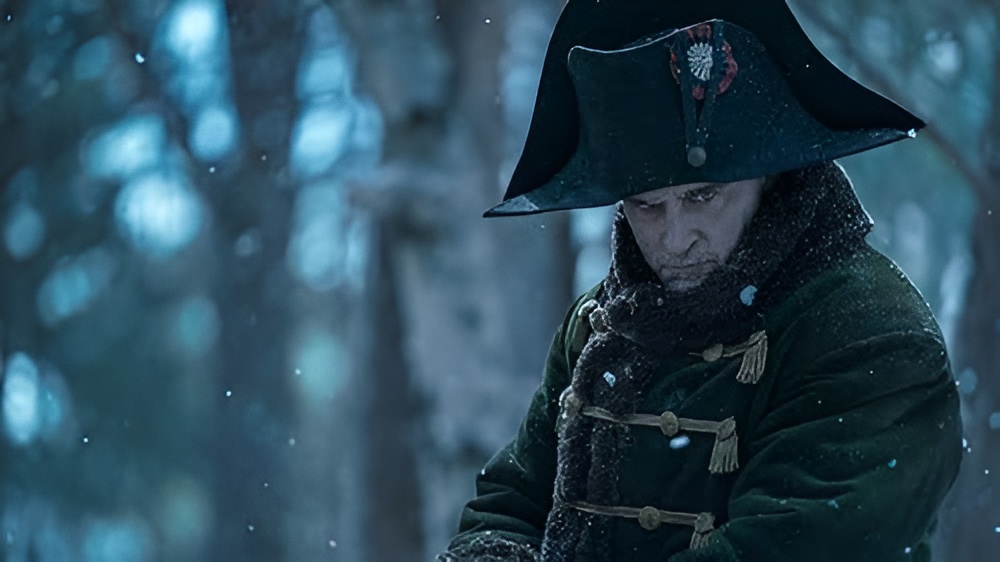
In Ridley Scott’s Napoleon (2023), some events get shuffled around to beef up the movie’s drama. For example, Napoleon is shown at Marie Antoinette’s execution, which couldn’t have happened. There’s also a made-up meeting between him and the Duke of Wellington, and the timing of his divorce from Josephine is off.
Even Josephine’s death is moved closer to big political moments in the film. Plus, some of the awful stuff Napoleon did, like the executions after the Siege of Jaffa, are toned down or just skipped over.
These changes seem meant to make the story more emotional and easier to follow, but they end up twisting Napoleon’s real story. Historians might find these changes frustrating because they hide the complicated truth behind a neat, dramatic package, valuing visual impact over what really happened.
3. The Tudors—Compressed Timelines and Romantic Exaggerations
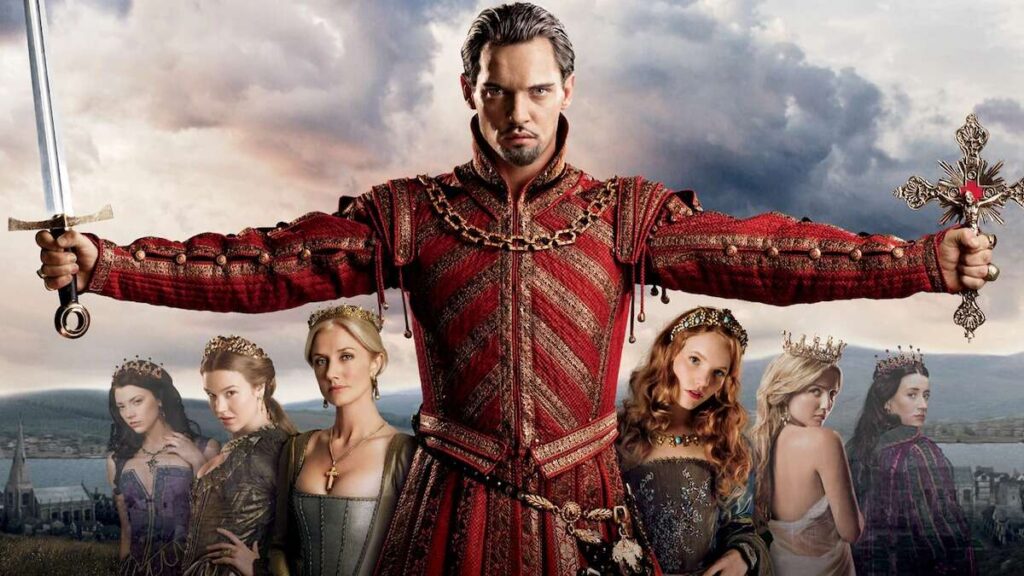
Showtime’s The Tudors: Shimmy down marauding period costumes and flaunt one of the greatest historical distortions ever. Events unfolding over decades are compressed into mere months, changing political contexts and character motivations. Some historical personages are mere caricatures: Anne of Cleves is presented as cold and unappealing, despite the records indicating at least a nominal respect between Henry and herself. Relationships are heightened for romance, and noteworthy events such as executions are staged for soap opera drama rather than historical accuracy. Historians have especially taken issue with its neglect of religious and diplomatic nuances. Sure, the series has all the intrigue and scandal you’d want, but it negates complexity and truth in favour of soap-opera melodrama.
2. Reign—Fantasy Masquerading as History
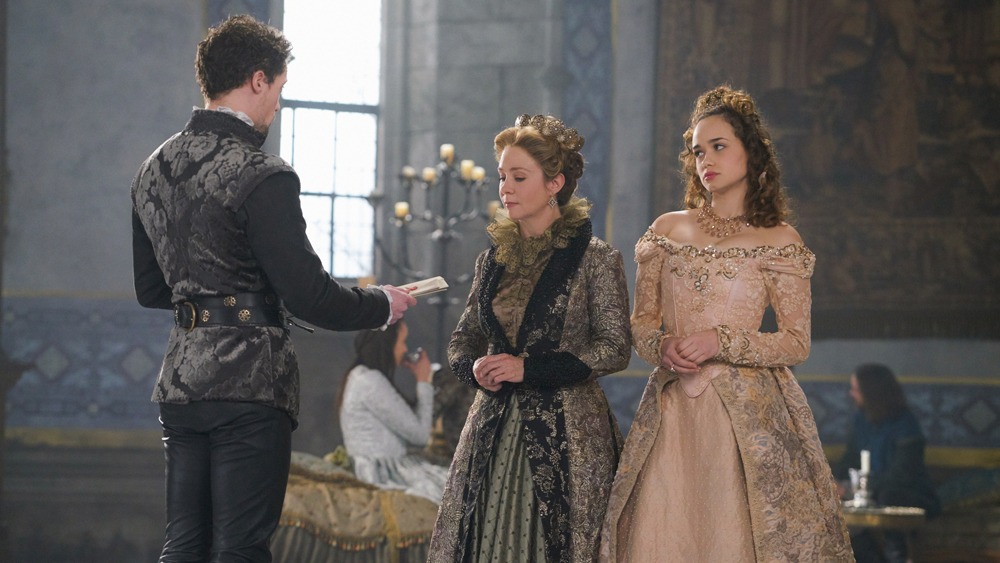
Set during Mary, Queen of Scots’ reign, Reign is not a historical account but rather a romanticized reimagining. The costumes constitute prom gowns of the late 20th century as opposed to 16th-century attire, while the various plots conjure up love triangles and scandals that never existed to begin with. Historical personages are vested with contrived personalities, alliances are relocated, and major political events are either simplified or outright invented. The series has enjoyed a cult following for its drama and style, though historians dismiss it as “Tudors-lite,” focusing largely on style over substance. The liberties may sometimes entertain, but they obscure the real political turmoil and dangers Mary found herself amidst during her reign.
Also Read: 7 Singers Who Turned Into Movie Stars From Shruti Haasan to Will Smith
1. The Crown—Fabricated Characters and Emotional Twists
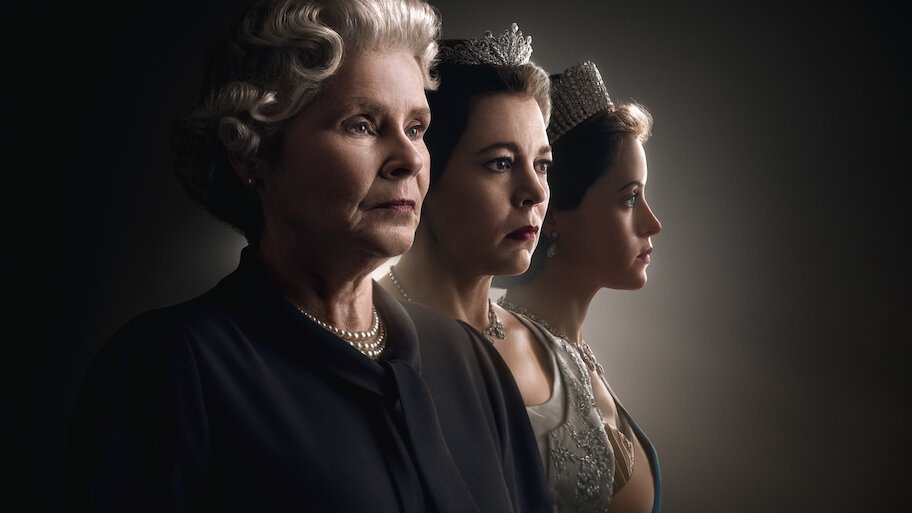
Netflix’s The Crown is lauded for its production value but often strays from reality. The show invents figures like Venetia Scott, a fictional secretary whose death during the Great Smog of 1952 never happened, purely to tug at viewers’ emotions. Similarly, a scene depicting Australian Prime Minister Bob Hawke insulting the Queen is entirely unfounded—his real comments were far more measured. Even Margaret Thatcher’s Falklands decision is misrepresented, implying her son’s disappearance influenced military action. Such creative liberties fuel drama but distort the historical record, leaving historians uneasy about the public’s understanding of royal history.
Wrapping Up
Period dramas are great because they mix cool visuals with interesting stories. Still, they often bend the truth a bit to make things more exciting. It’s okay to add some creative stuff to a story, but we don’t want people getting the wrong idea about what happened. The key is to find a good balance between the drama and the facts. This way, these shows can get people interested in history without spreading false information. That way, everyone can enjoy history and know it’s real.
Written by Nidhi Singh

